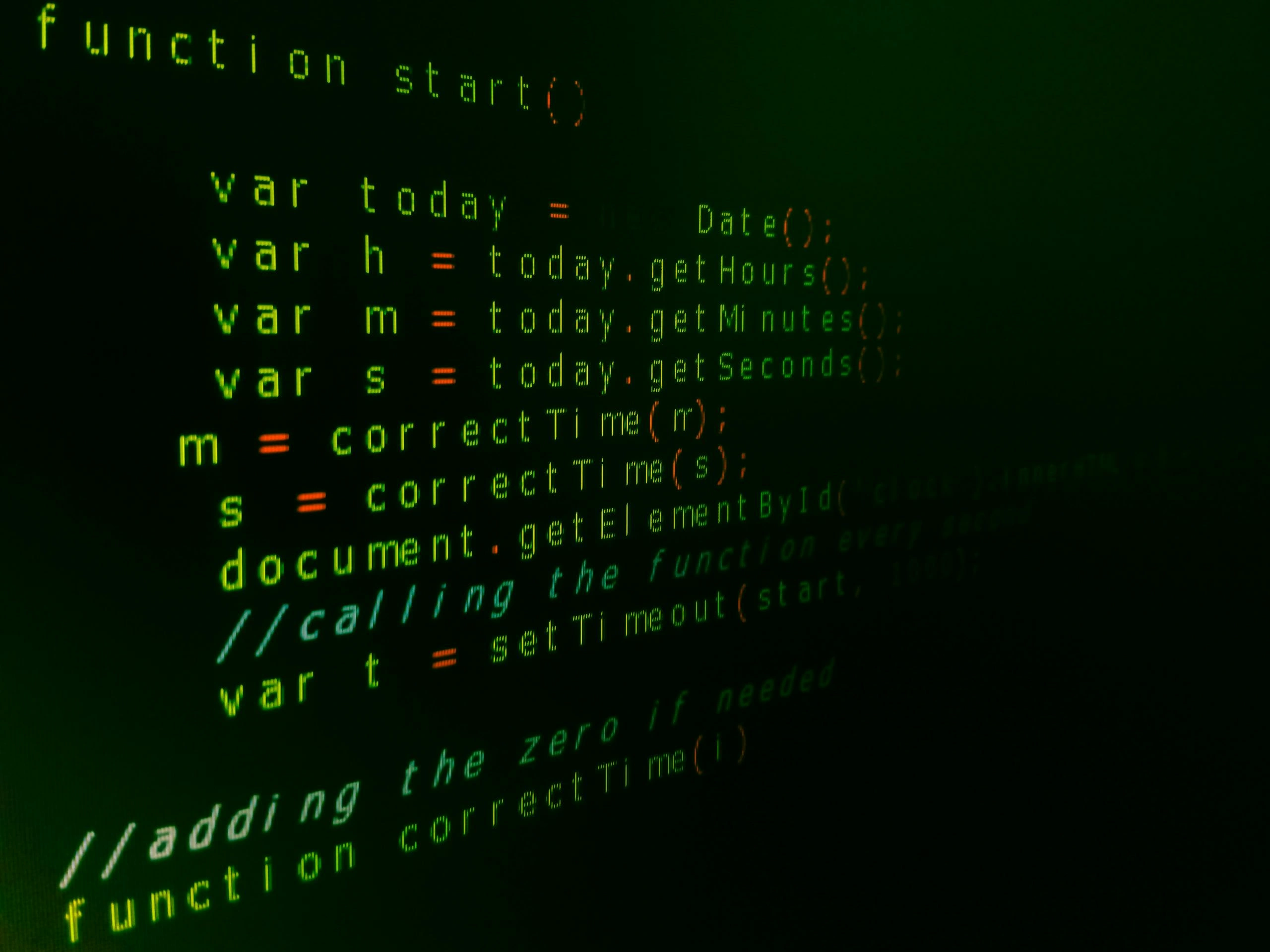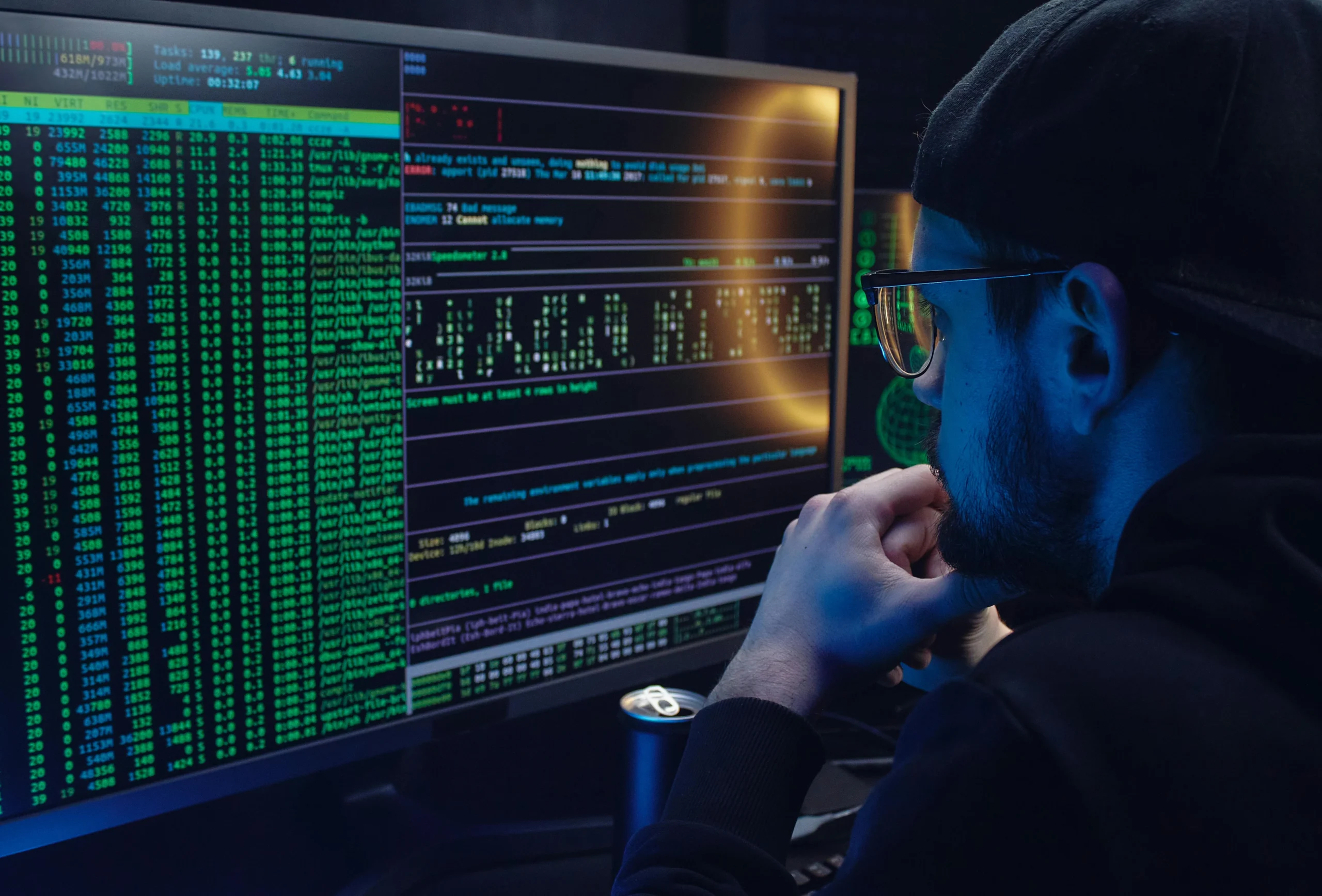The integration of artificial intelligence in corporate workplaces has surged significantly, with a recent Salesforce study reporting a remarkable 233% increase in daily use between November 2024 and June 2025. While AI tools enhance productivity and job satisfaction among employees, a concerning trend emerges: many workers lack adequate training in their application. The risk this poses includes not only operational inefficiencies but also potential data breaches and compliance issues, particularly with regulations such as GDPR and NIS2.
Moreover, employees often resort to unsupervised utilization of AI tools, circumventing IT oversight and introducing shadow AI scenarios that complicate data governance. As cautioned by cybersecurity experts, the lack of control can lead to unintended exposure of sensitive corporate information and increase the threat landscape. To combat these challenges, companies are urged to implement strict policies, provide comprehensive training, and utilize monitoring technologies that ensure responsible AI use without sacrificing productivity.
Corporate leaders emphasize the necessity of cultivating a strong governance framework around AI deployment. Implementing safeguards and continuous education is vital to balancing innovation with security, as unmonitored AI usage can transition from being a strategic asset to a significant liability. The responsibility for overseeing AI output ultimately falls on individual employees, highlighting the importance of personal accountability in maintaining the integrity of corporate operations.
👉 Pročitaj original: CIO Magazine






